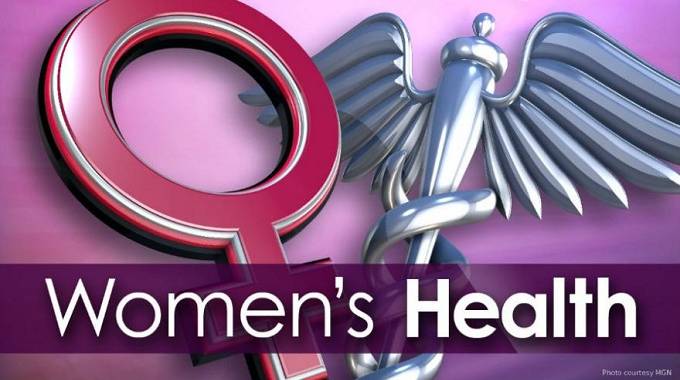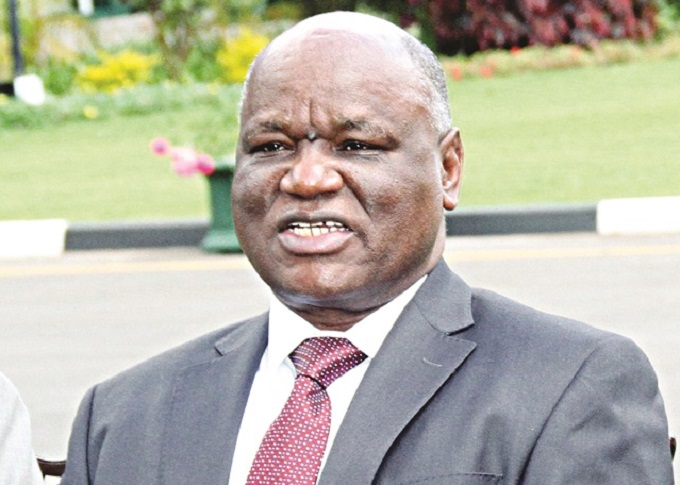Reproductive rights: A woman’s prerogative

Bongiwe Nkomazana
THE one major thing that differentiates males and females today is the fact that women have the natural ability to be pregnant and men do not. Despite the various gender identities and sexual orientations that exist presently more than ever, this fact stands. Even if scientists found a way to make a man carry a child in their bodies, it would be artificial.
We would not be doing this platform and its audience any justice if we did not tend to the dirtiest of laundry from time to time so today we delve into the issue of reproductive rights. I was triggered while writing last week’s piece about how some women fail completely to access sanitary wear so here we are.
What are they? Reproductive rights are the legal rights and freedoms relating to reproduction and reproductive health. They vary amongst countries around the world and rest upon the recognition of the basic right for individuals to decide freely and responsibly the number, spacing and timing of their children and to have the information and means to do so. Men are co-conceivers and by this are entitled to reproduction rights as well.
However, because of the fact brought up earlier, women are more affected by the reproduction rights of a country and are the direct beneficiaries or sufferers of the stance a country chooses to take. Women’s reproductive rights may include from country to country the right to education and access in order to make free and informed reproductive choices, the right to birth control, the right to maternity leave, the right to access good-quality reproductive health care and the right to legal and safe abortion.
Unfortunately, Zimbabwe is going through an economic crisis that has left our health care infrastructure crippled. We rely on foreign funds to the government and NGOs to help manage issues like sexual and reproductive health and rights. On the bright side, through these funds, Zimbabwe is doing a lot to ensure that women are knowledgeable on all things reproduction.
Because of the way we have been socialised, anything to do with a woman’s body is too disgusting and disrespectful to be brought up in a conversation. The irony is that we all low-key adore and love a woman’s body for different reasons and we should because it is a beautiful temple that is responsible for every single one of us being in this world and so deserves all the measures taken to make sure it is healthy and functional.
For the longest time and even now, women have relied on advice from each other and elderly women when making reproductive choices. In most cases this advice does not come from a medical point of view and could go completely bad.
The more the efforts that go into talking to women about their reproduction systems and what they are entitled to, those societal barriers are broken down leading to women being more open to further conversations and seeking the appropriate medical assistance.
Like most people my age and older, I did not get the birds and the bees talk from my parents. My generation was never that open with the elders because like I said, it is just an awkward subject. We just knew that some things were better left undone. As a result, everything and anything related to reproduction and/or sexual health was unheard of including contraception.
I have a 16-year-old sister and so as her deputy parent I keep a sharp eye on her. In the course of my watch I have become aware of the new slang, the fashion trends, the trap music and behavioural patterns of that age group. What I can say is that they are a completely different type of teenager from what we were.
They just know more and do more and I was flabbergasted when I found out that by 14 to 15 years of age a good bulk of the young urban girls is on contraception. It was shocking to me because I am old fashioned and that motherly instinct in me was kicking in full force. The thought of them being sexually active is daunting.
However, motherly instincts aside, is it really a bad idea to have young girls on contraception? I know that making contraception accessible to them may come across as encouragement to jump into premature sex but instead of viewing it as reckless can we look at it as being responsible enough to take the necessary measures to avoid unplanned pregnancies? Does it not give them the power to pause early pregnancies that could hinder them from reaching their goals? For girls who find themselves in scary situations, would contraception not minus a problem?
I am posing these questions to you because I too need to wrap my head around the idea. I mean despite what we think, it is their right in Zimbabwe to be made aware of these measures and to use these technologies.
Abortion is illegal in Zimbabwe. It is acceptable under limited situations like if the pregnancy is a threat to the woman’s life, if the baby will be born with serious physical or mental defects and if the foetus is a result of rape or incest otherwise it is not permitted. Most Zimbabweans are fine with this law mainly because our religions do not condone aborting.
On the other hand, more people than you would believe actually do not agree with this notion and believe that people should have the right to be able to terminate pregnancies legally and safely if they feel they need to. The thing is, the law has not stopped abortions from happening; it has just stopped them from happening openly.
According to the International Campaign for Women’s Right to Safe Abortion, unsafe abortions in Zimbabwe contribute about 16 percent of maternal deaths and women presenting to clinics with complications were mostly young and from rural areas where access to education is limited. This then leaves this subject up for discussion, do we let women and girls die from unsafe abortions or do we give them the right to decide whether they can or cannot go through with a pregnancy?
At the end of the day reproduction rights are human rights and should be adhered to. We tend to prioritise those that come across as more pressing. What we should understand is that for reproduction to be considered a human right, it means that it is an issue that is affecting young girls and women in a substantial way.











Comments